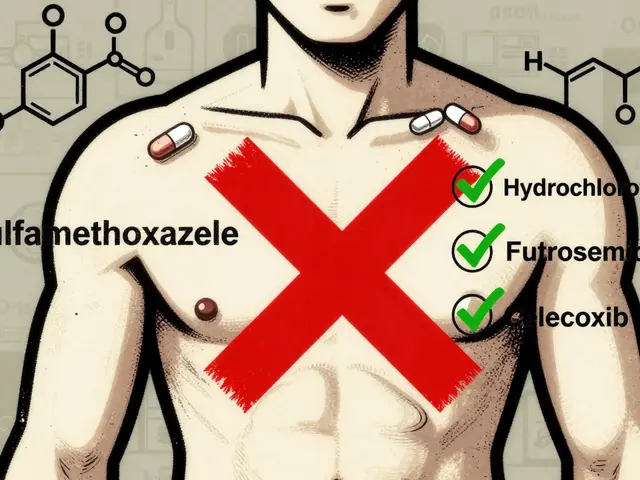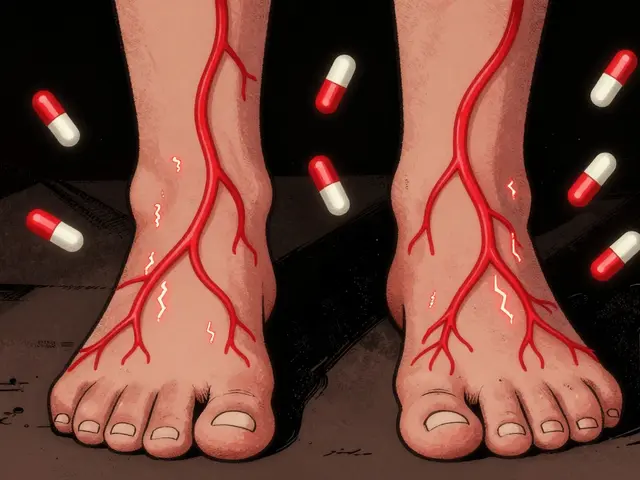Antiparasitic Drugs: What They Are and When You Need Them
Antiparasitic drugs treat infections caused by parasites — tiny organisms that can live in your gut, blood, or tissues. You might need one after travel, exposure to contaminated food or water, or if tests show worms or protozoa. This guide explains common drug types, what they do, side effects to expect, and practical tips for safe use.
Common types and examples
Antiparasitic drugs fall into groups depending on the bug they target. Anthelmintics fight worms (helminths). Common anthelmintics include albendazole and mebendazole for roundworms and hookworms, and praziquantel for tapeworms and fluke infections. Antiprotozoals target single-celled parasites; metronidazole and tinidazole are often used for Giardia and Entamoeba, while nitazoxanide covers some protozoal and viral causes of diarrhea. Antimalarials — like artemisinin-based combos — treat malaria, which is caused by Plasmodium species.
Which drug you get depends on the exact parasite. That’s why testing matters: stool exams, blood smears, or antigen tests guide the right choice.
Safety, interactions, and buying tips
Most antiparasitics work well when taken correctly, but they can cause side effects. Expect nausea, stomach pain, headache, or dizziness with some drugs. Serious reactions are rare but possible. Tell your doctor if you’re pregnant, breastfeeding, have liver problems, or take blood thinners — several antiparasitic drugs interact with other medicines.
Never self-prescribe based on symptoms alone. Accurate diagnosis reduces the chance of using the wrong drug or promoting resistance. Finish the full course even if you feel better, unless your doctor tells you otherwise.
Thinking of buying online? Use licensed pharmacies only. Check for a physical address, pharmacist contact, and valid prescription requirements. If a site sells prescription drugs without asking for a prescription, avoid it.
Resistance is a real issue. Malaria resistance to older drugs and growing anthelmintic resistance in some regions make proper diagnosis and follow-up testing important. If symptoms persist after treatment, return to your clinician — you may need a different drug or additional testing.
Know when to see a doctor: high fever, bloody stool, severe abdominal pain, marked weight loss, or neurological symptoms need prompt care. Also consult a clinician if you recently traveled to high-risk areas or had close contact with someone diagnosed with a parasitic infection.
Quick checklist before treatment: get a confirmed diagnosis, tell your provider about other meds and health conditions, ask about side effects, and use a reputable pharmacy. That simple approach keeps treatment safe and effective.

This article explores various alternatives to Stromectol in 2025, focusing on medications that provide similar effects for treating parasitic infections. Each alternative is described with its pros and cons, helping readers understand the differences and make informed choices. Whether you're interested in effectiveness, availability, or potential side effects, this guide aims to offer a clear view of what's on the market today.
Continue Reading





